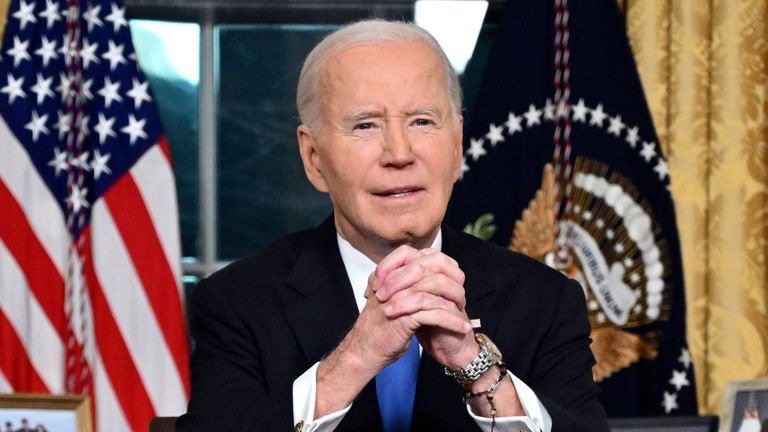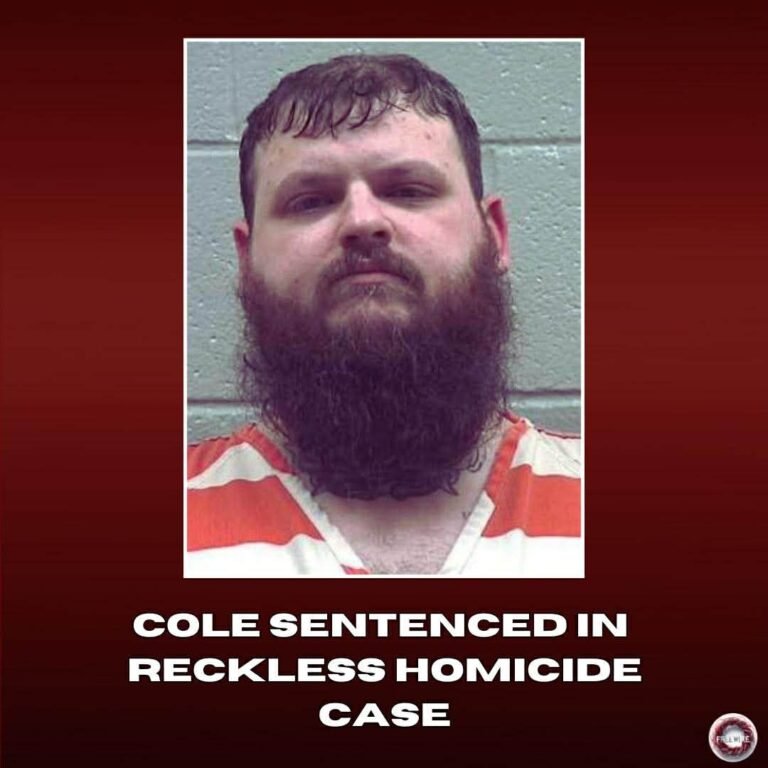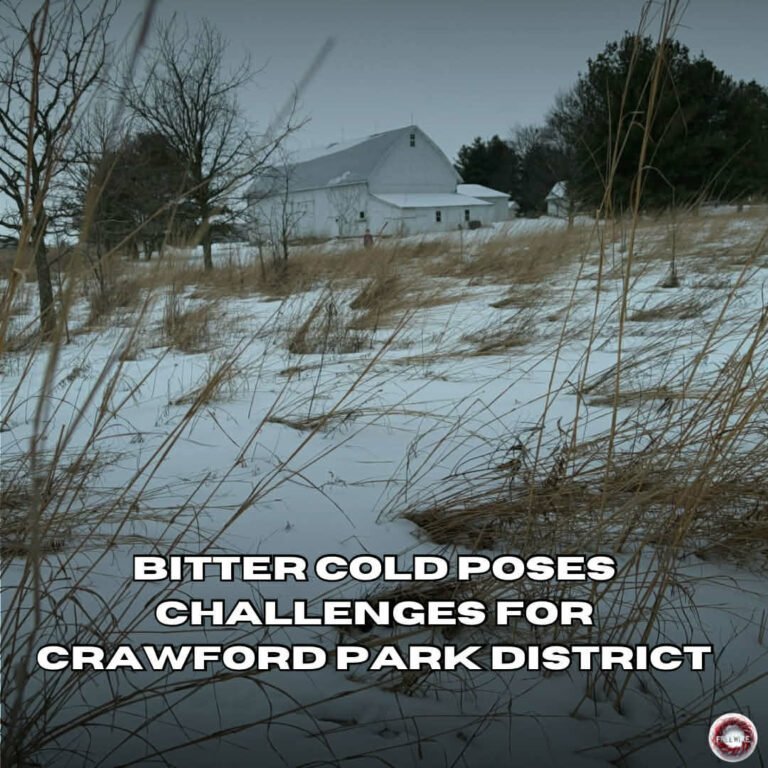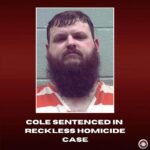As treatment begins, the nation and world take pause in a rare moment of unity

President Biden’s doctors recently confirmed that he’s been diagnosed with an aggressive form of prostate cancer—one that’s already spread to his bones. The news followed a series of evaluations that started with urinary trouble, but ended with a biopsy showing a high Gleason score: a 9, meaning the cancer is fast-growing, the kind that doesn’t wait around.
What complicates things further is that the disease has already moved beyond the prostate. It’s metastasized, which puts it in a very different category—harder to treat, more unpredictable. That said, it’s still considered hormone-sensitive. And that detail, small as it might sound, gives doctors a real foothold. Hormone therapy, while not a cure, can often slow the cancer’s spread and relieve some of the burden it places on the body.
At 82, Biden is undergoing treatment now. His medical team has said their focus is on slowing the disease and maintaining his comfort. By all accounts, he remains engaged, working with his advisors and continuing to lead, even as he manages something deeply personal.
The response to the diagnosis has been unusually unified. Leaders from across the political spectrum—many of whom rarely see eye to eye—took a moment to show support. Former President Trump issued a brief but sincere statement, offering well-wishes and reminding the country that politics should never overshadow compassion. Vice President Harris called the news “deeply saddening,” and said she and Doug Emhoff are keeping the Bidens in their thoughts.
On Capitol Hill, there was a rare stillness. Senator Fetterman spoke of strength and resilience. Speaker Mike Johnson said what many seemed to feel: the nation stands behind him. Even Representative Marjorie Taylor Greene—usually one of Biden’s harshest critics—offered a note of healing and hope.
Support also poured in from abroad. Leaders in Canada, the U.K., Ukraine, and France all weighed in, offering not just sympathy but praise for Biden’s steady leadership in a time that’s rarely been calm.
Beyond the headlines, the diagnosis has reignited a quieter conversation—one about age, about the toll of high-stress leadership, and about the expectations we place on those who hold the most powerful roles. These aren’t new questions, but they feel more immediate now.
Still, for the moment, much of the noise has faded. In its place is something simpler: concern, hope, and the kind of collective pause that reminds us all we’re human first.





















